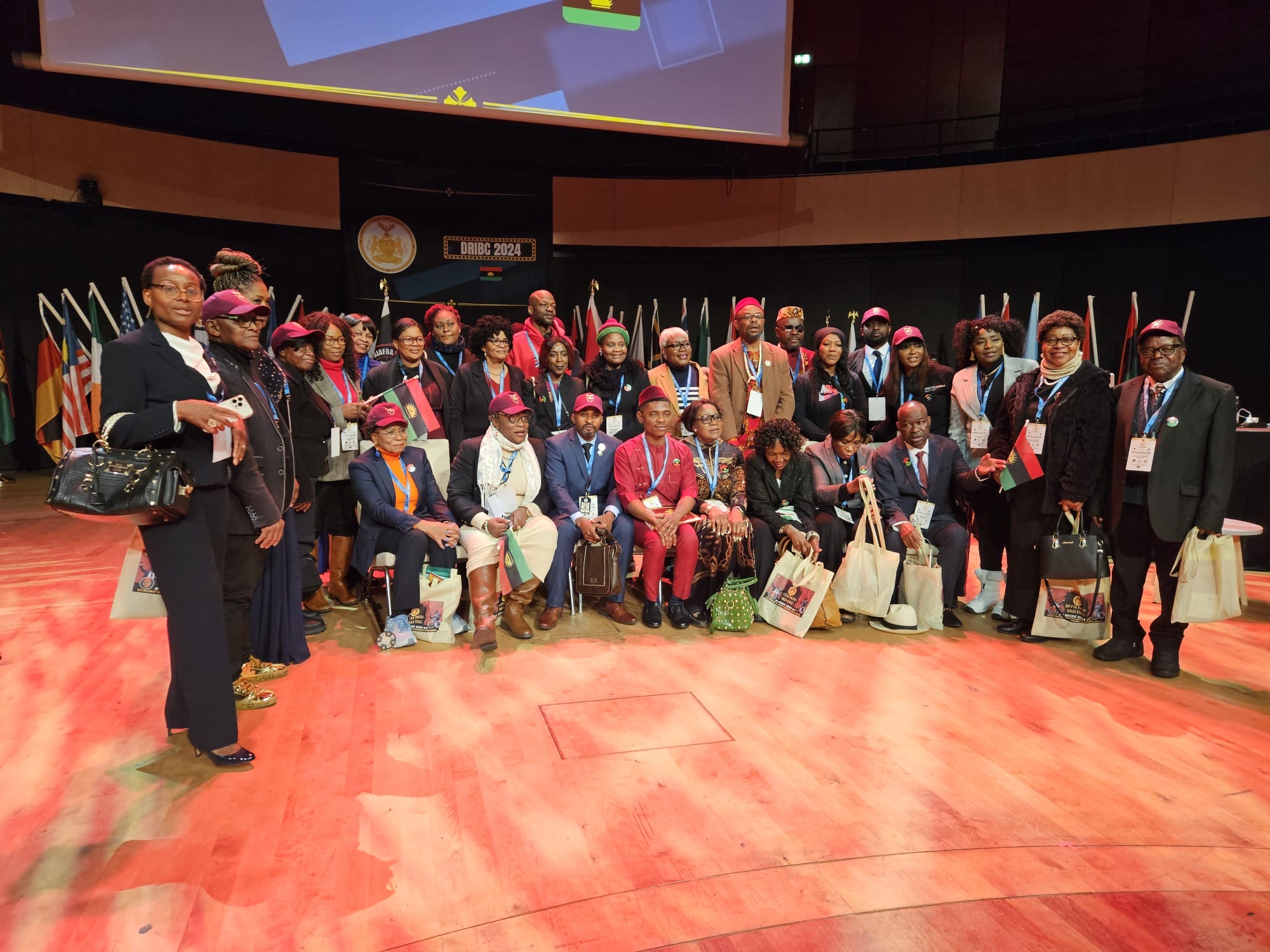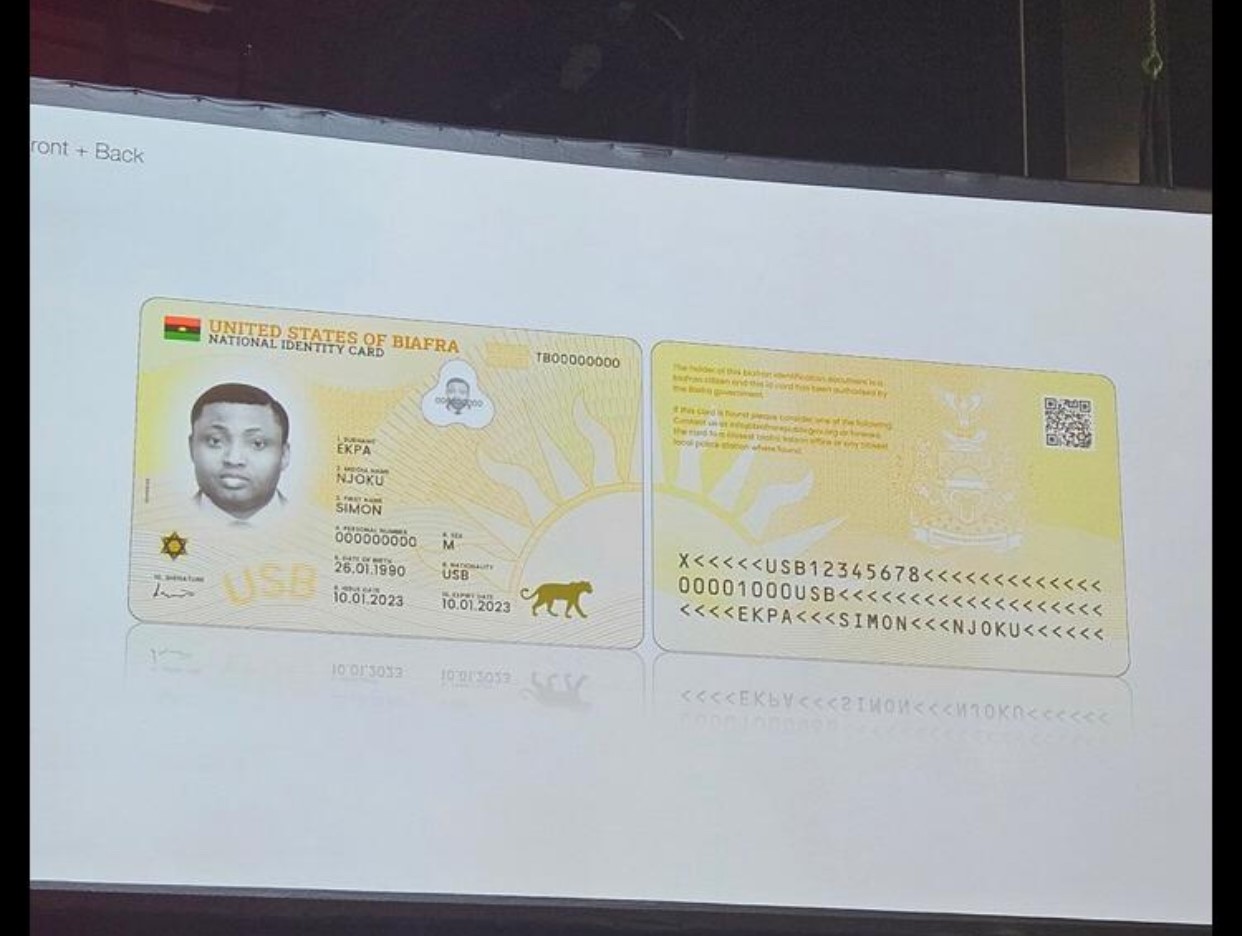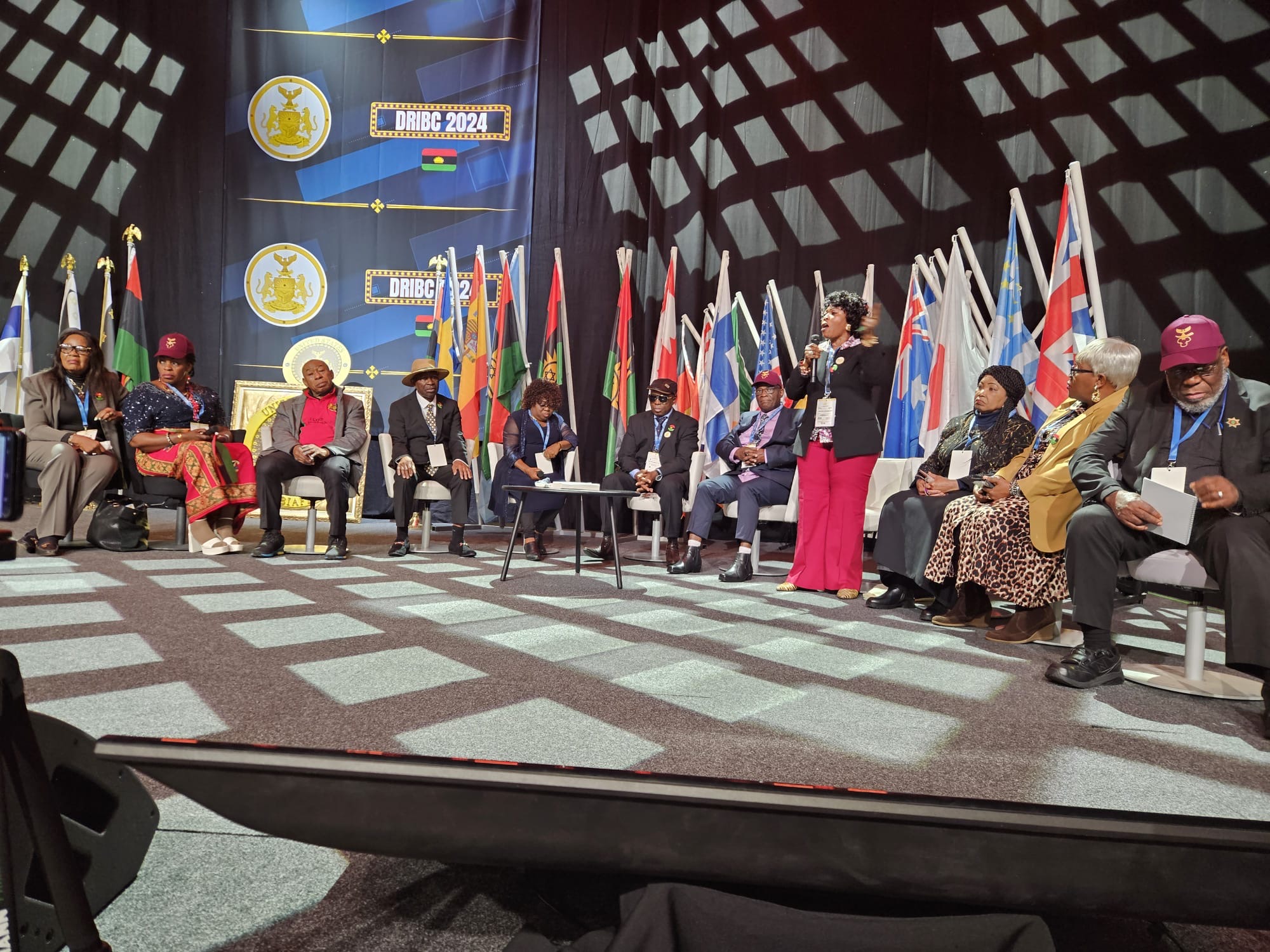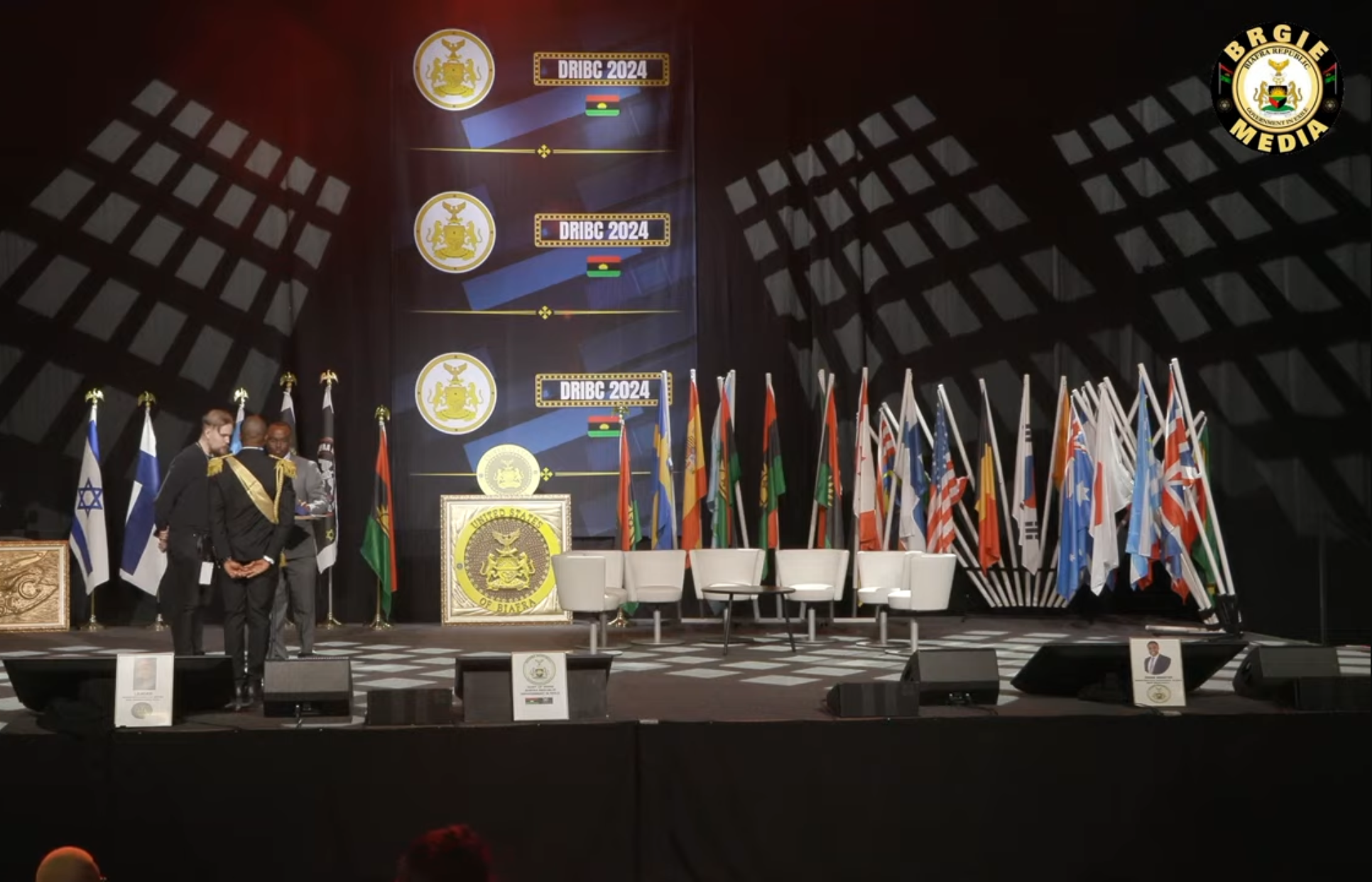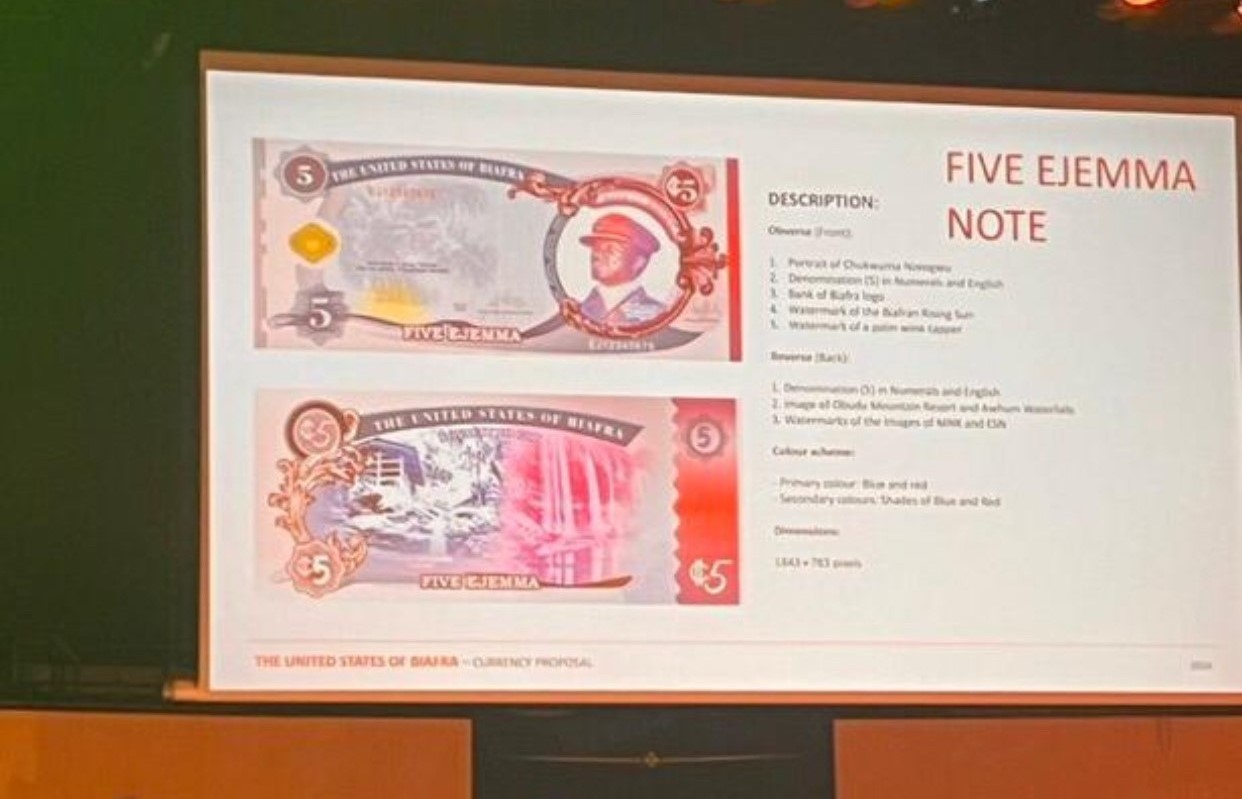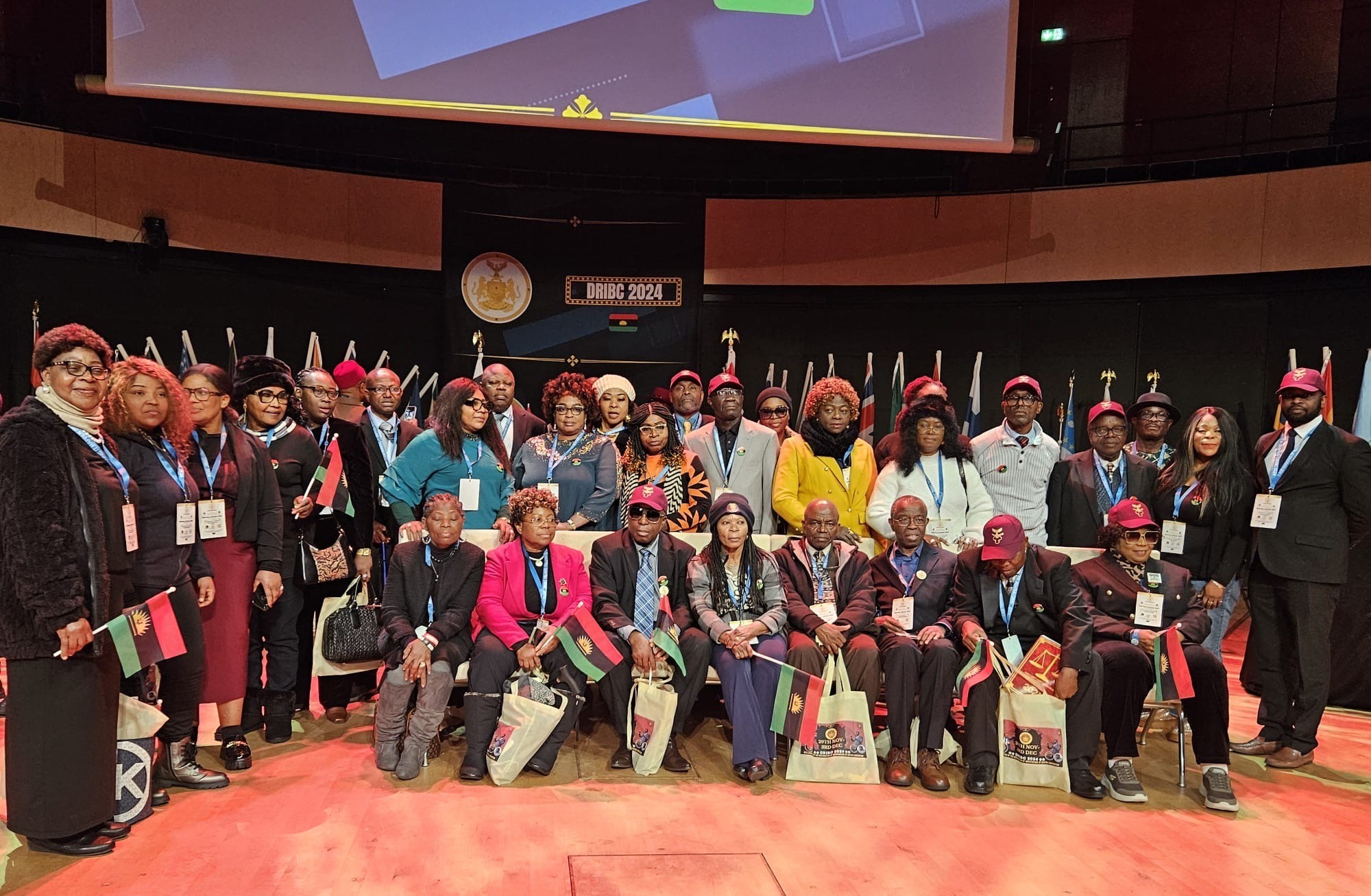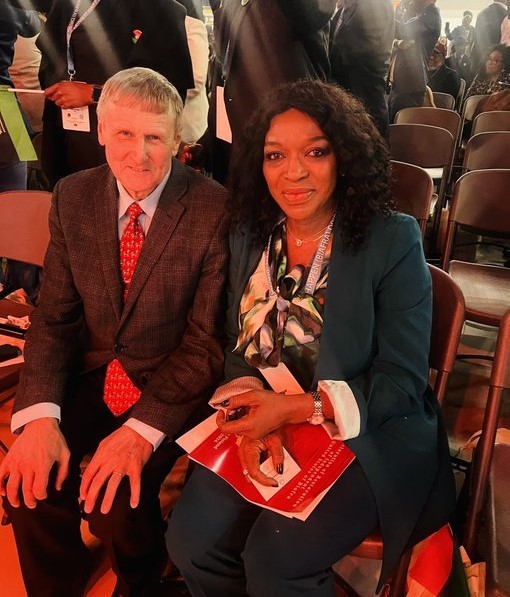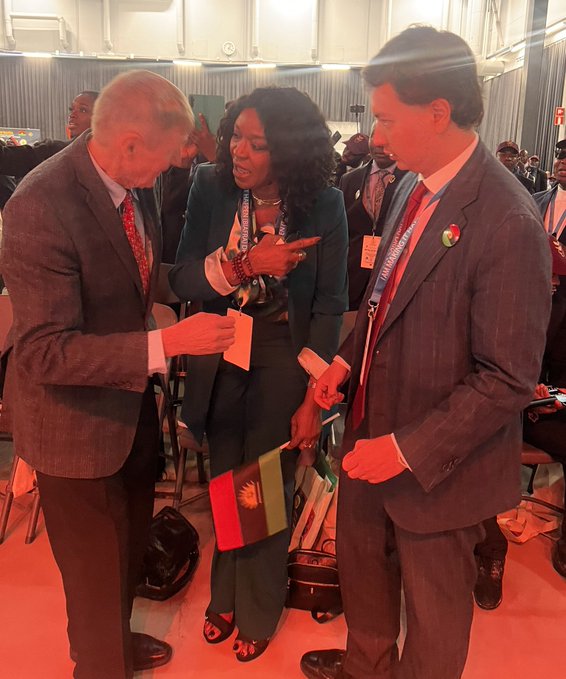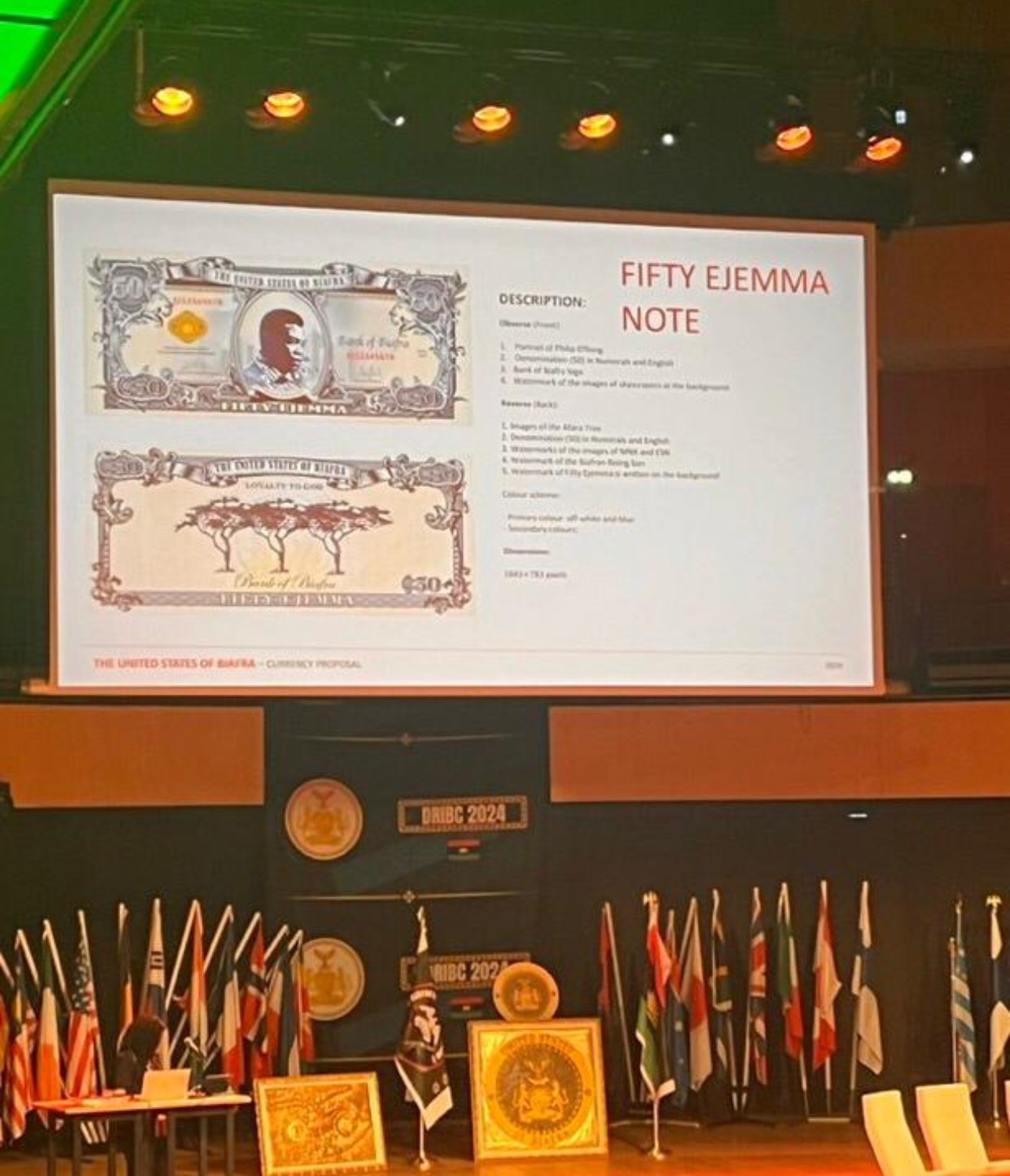The United States of Biafra
About Us

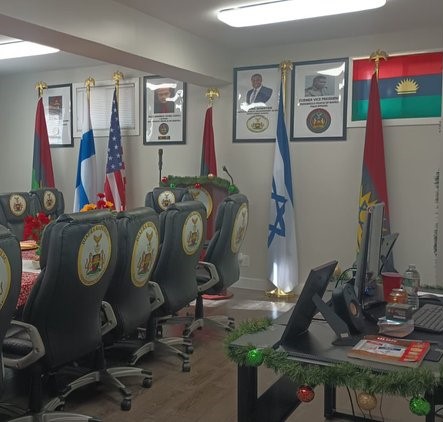
The United States of Biafra
A Vision for Sovereignty and Self-Determination
The United States of Biafra represents a bold and transformative vision for the sovereignty and self-determination of the Biafra people. The geographical area comprises various tribes and people united in 40 states. Rooted in the historical struggle for independence, justice, and equitable governance, the concept is born out of decades of systemic marginalization, economic disenfranchisement, and cultural suppression faced by Biafrans in Nigeria.
The Nigerian Civil War (1967–1970) and its aftermath left scars that remain visible today, from economic exclusion to political marginalization. The dream of a sovereign Biafra symbolizes a break from this cycle, offering hope for a future where every citizen can thrive in dignity and freedom.
Historical Background

The United States of Biafra is located in the former Eastern Region of Nigeria and was inhabited principally by people of about 450 tribes in 40 states. They were an independent nation before the amalgamation into Nigeria. The United States of Biafra reflects the ambition to create a unified, self-governing nation, drawing inspiration from democratic principles and the desire for political and economic freedom. Biafra was a secessionist state in West Africa that existed from May 1967 to January 1970. Biafra declared independence from Nigeria, but Nigeria attacked Biafra with British and Soviet military support.
Biafra people have long sought a government representing their interests and respecting their unique cultural, linguistic, and historical heritage. Tensions grew throughout the 1960s, culminating in the secession of the Republic of Biafra under Colonel Odumegwu Ojukwu in May 1967, which led to the Biafra-Nigeria War (1967-1970). This brutal conflict resulted in the deaths of an estimated more than 3 million people (primarily women and children) due to starvation and military action. The Nigerian Civil War (6 July 1967 – 15 January 1970), was a civil war fought between Nigeria and the Republic of Biafra, a secessionist state declaring its independence from Nigeria in 1967. The after-effect of this war is still alive and breathing.
Government of Nigeria promulgated the policy of Reconciliation, Rehabilitation, and Reconstruction (the 3Rs) to calm frayed nerves and forge a bigger and more virile Nigeria to reintegrate the Biafrans into Nigeria. Despite the war ending with Biafra's reintegration into Nigeria in 1970, the dream of an independent Biafra has not died. For decades, a movement for Biafra independence has persisted, fueled by the region's grievances over political marginalization, economic underdevelopment, and human rights abuses by the corrupt terrorist-governed Nigerian state. All the factors that led to outbreak of war are still evident in present-day Nigeria.
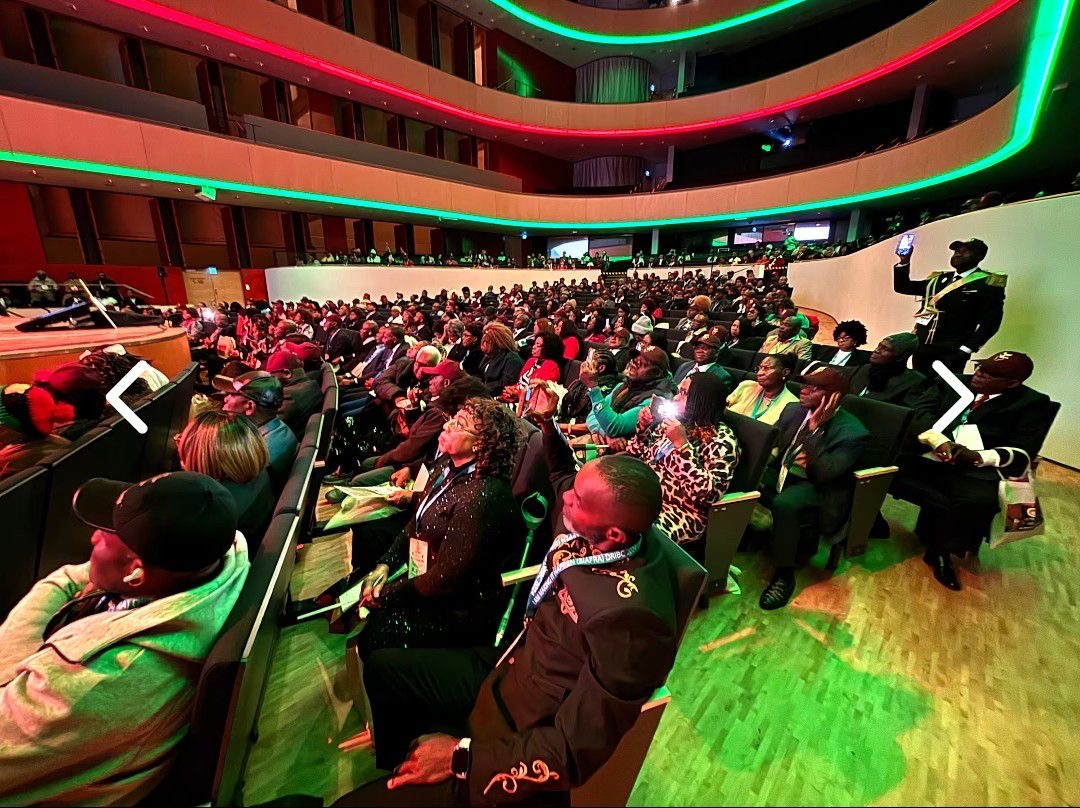
The Modern Biafra Independence Movement
In recent years, the push for Biafra independence has been resurgent, led by diaspora groups and grassroots movements within the Biafra homeland. The renewed political and social movement, which advocates for the self-determination of the Biafran people through peaceful and legal means, has adopted the name “United States of Biafra".
Key Aspirations of the United States of Biafra
The United States of Biafra is built around several key principles:
Self-Determination: The ultimate aspiration of the United States of Biafra is its complete independence and global recognition as a sovereign nation. This vision comprises political freedom, economic self-reliance, and the preservation of cultural heritage. Biafra people can govern themselves, prosper, and uphold their identity with dignity and pride.
Democratic Governance: The United States of Biafra aspires to build a government rooted in democracy, where the will of the people prevails, human rights are safeguarded, and the rule of law ensures justice, equality, transparency and accountability for all.
Economic Prosperity: With a focus on industrialization, innovation, and the equitable use of natural resources, Biafra envisions an economy that uplifts all citizens, builds a prosperous nation and reduces dependence on external systems historically exploiting its resources. By harnessing the region's abundant resources and talents, Biafra will eliminate the economic and political marginalization experienced in Nigeria.
Peaceful Advocacy: The United States of Biafra is committed to achieving independence peacefully and strategically. While the Biafra movement has a history of armed conflict, the modern struggle is rooted in strength. The movement emphasizes legal challenges, diplomatic engagement, and global advocacy to secure international recognition and support, demonstrating that true freedom can be won with unwavering resolve and a commitment to peace.
Cultural Rebirth: The United States of Biafra seeks to protect and promote the rich traditions, languages, and values of the Biafra people, ensuring that their heritage is preserved for future generations. It will revives and reclaim the rich heritage that was diminished by decades of conflict and suppression, and celebrate the identity and resilience of its people.
Redeclaration of the United States of Biafra.
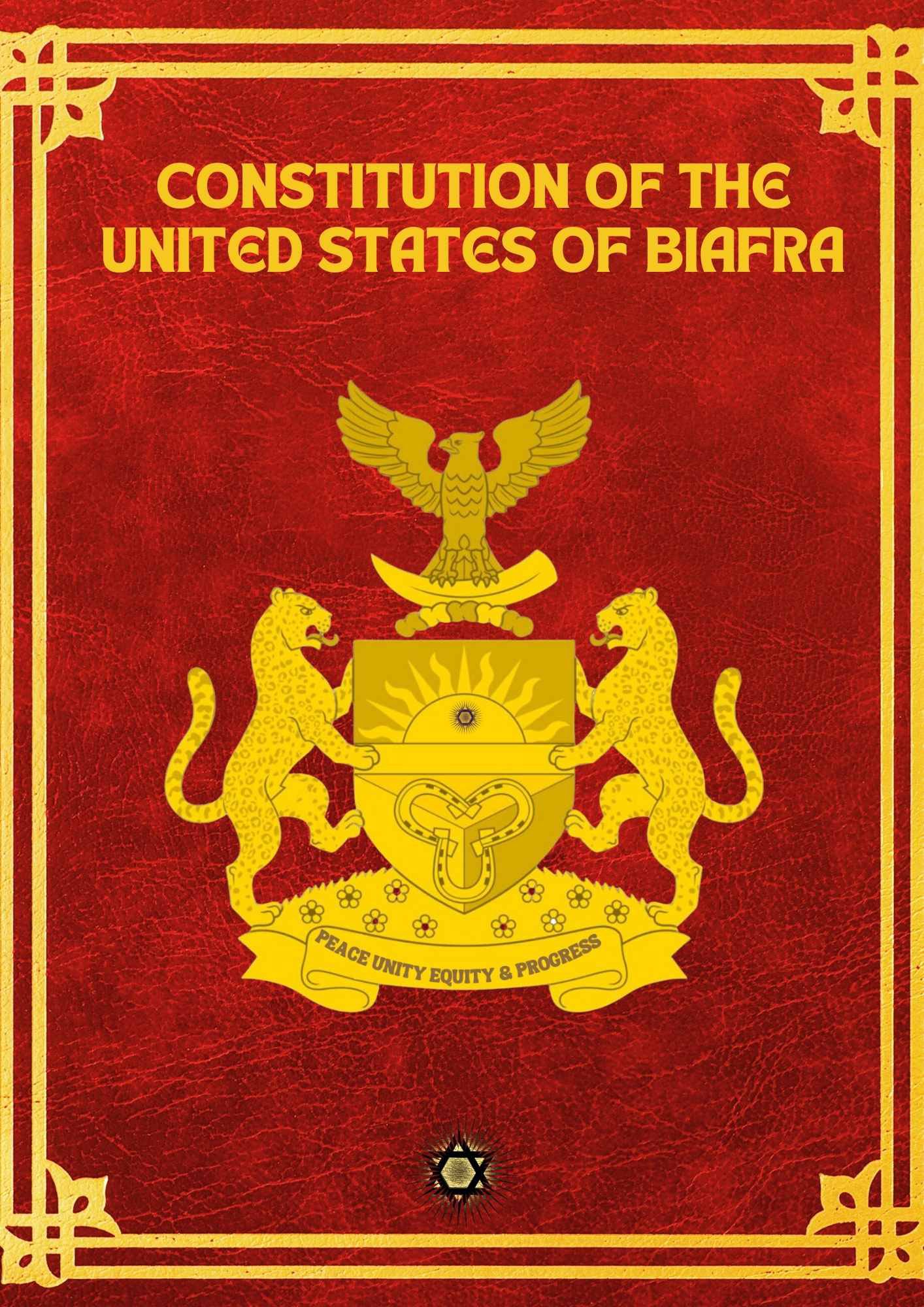
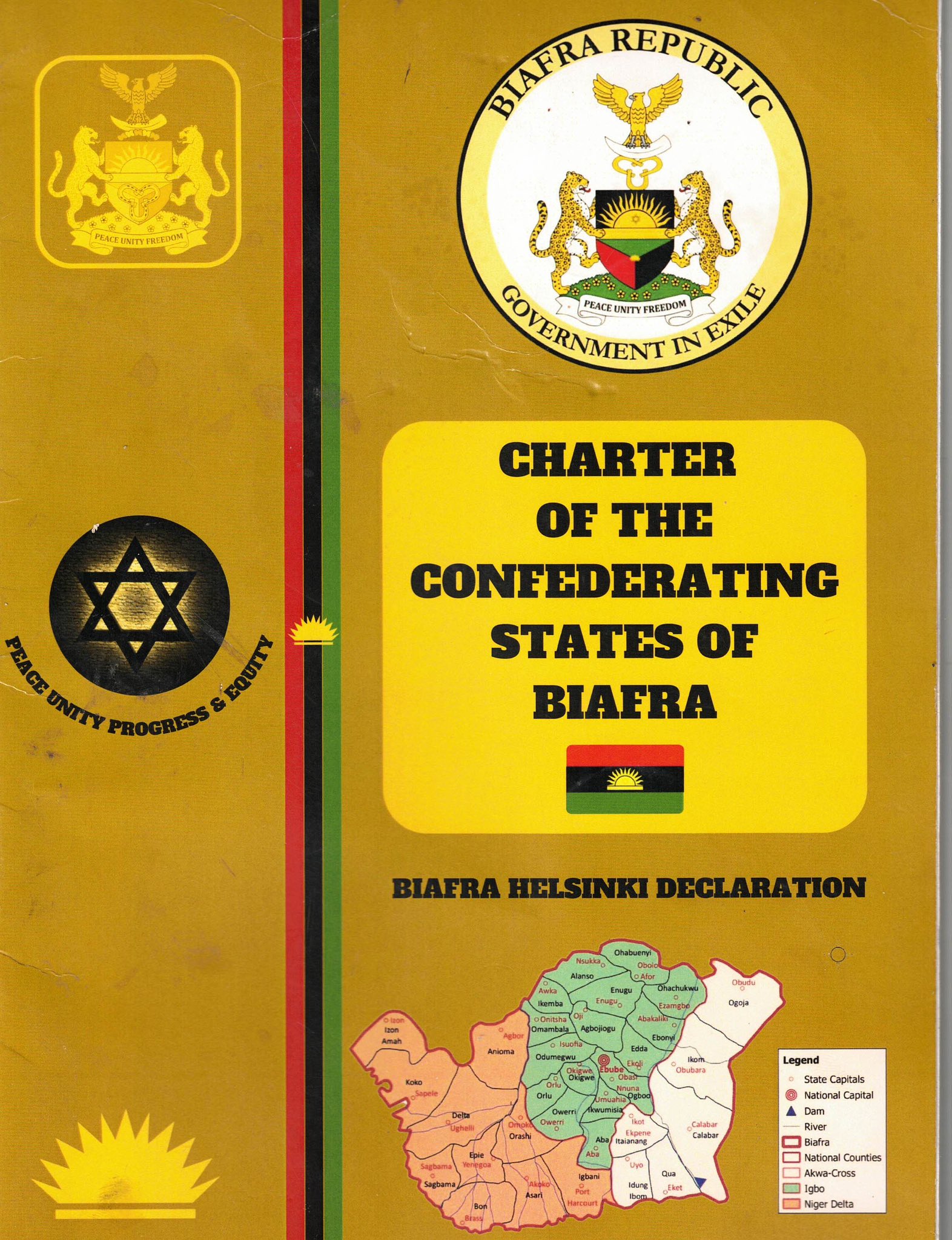
The Redeclaration of the United States of Biafra
The redeclaration of the United States of Biafra on November 29th, 2024, in Lahti, Finland, marks a pivotal moment in the quest for Biafran independence. This historic event brought together over 1,000 Biafran leaders, United States of America delegates, attornies, and allies worldwide to reaffirm their unwavering commitment to the dream of a sovereign Biafra. The gathering featured inspiring speeches, cultural celebrations, and the unveiling of strategic initiatives designed to strengthen the movement's groundwork and pave the way for independence.
During the event, Prime Minister Simon Ekpa Njoku, represented by The Chief of Staff Dr. Ngozi Orabueze, reaffirmed the United States of Biafra after the Biafra grievances has been read, by the Biafrans present and also through the votes that happened on line throughout the year 2024 with 50 million votes. The declaration was confirmed by the United States of Biafra attorney general, speeches where made followed by cultural celebrations.
The Chief of Staff emphasized the United States of Biafra's steadfast dedication to achieving independence through peaceful and diplomatic means. The Voting ended on the 28 of November, 2024. Several ground breaking initiatives were launched, including; The United States of Biafra Constitution outlines the framework for governance. The pre-and post-independence government structure. The introduction of the United States of Biafra currency symbolizes economic sovereignty. The historic issuance of the first United States of Biafra ID cards to Biafran citizens, representing national identity and belonging. The announcement of the Special IOU Loan, a financial mechanism where citizens can lend to the government and receive a 100% return once Biafra is fully restored and operational.
The Biafran Diaspora and Global Support
The leadership also highlighted the importance of community-driven fundraising through donations from official weekly, monthly, and private initiatives. These efforts are vital for sustaining the independence movement and ensuring its long-term success. Biafrans were encouraged to continue contributing financially and strategically, as these funds would be the backbone for achieving and sustaining Biafra sovereignty.
The Redeclaration of the United States of Biafra: A Historic Moment in Lahti, Finland The redeclaration is symbolic and represents a practical approach to restoring Biafra's independence. Together, through unity, resilience, and innovation, Biafra will rise to take its rightful place as a free and independent nation. Join the movement. Support the vision. Together, we will achieve sovereignty.
A Day of Unity and Vision
The redeclaration of the United States of Biafra was a powerful affirmation of the unyielding spirit of the Biafran people and their collective determination to restore their homeland. We witnessed a momentous occasion that aimed to reassert Biafra’s rightful place as a free and independent nation.
Biafra territory has a vision and mission to establish a sovereign state. Biafran's vision is a new nation where justice, equity, and sustainable development serve as the foundation of governance. The United States of Biafra is envisioned as a federal system designed to empower its constituent regions, honour diverse cultural identities, and ensure a participatory democratic framework.
By prioritizing states or regional autonomy and equitable resource distribution, this proposed federation aims to correct historical injustices while fostering unity among its people.
The Symbolic Importance of the Redeclaration
The Lahti ceremony was not just about diplomacy and strategy; it was a celebration of Biafra’s heritage, culture, and resilience. The delegates took part in cultural performances, traditional dances, and artistic expressions that paid homage to the rich history of the Biafran people. Flags bearing the Biafran colors were proudly waved, and the Biafran anthem was sung by participants, evoking a deep sense of patriotism and hope.
The redeclaration in Lahti also sent a powerful message to the world: the dream of a free Biafra is alive, and the people of Biafra will stop at nothing to see it realized and defended. It also served as a call to international organizations, governments, and human rights groups to take a stand in support of Biafra’s right to self-determination.
Moving Forward: The Roadmap for Biafra’s Full Restoration
During the historic redeclaration event, Biafran leaders shared a clear and strategic roadmap for achieving Biafra’s full independence. This plan focuses on continued international advocacy, pursuing legal battles in international courts, and strengthening diplomatic efforts to secure global recognition for Biafra as a sovereign state. The leaders emphasized the importance of unity within the Biafran community and a cooperative approach with international partners who support Biafra’s right to self-determination. Despite the many challenges ahead, the movement remains steadfast in its commitment to achieving independence through peaceful, lawful means.
The re-declaration in Lahti also sent a powerful message to the world: the dream of a free Biafra is alive, and the people of Biafra will stop at nothing to see it realized and defended. It also served as a call to international organizations, governments, and human rights groups to take a stand in support of Biafra’s right to self-determination.
Conclusion
“The redeclaration of the United States of Biafra on November 29th, 2024, in Lahti, Finland, was a historic and inspiring event that marked the beginning of a new chapter in the quest for Biafran independence. With over 1,000 delegates from around the world, this gathering demonstrated the global solidarity of the Biafran people. As the world watches, the dream of a free, sovereign Biafra moves ever closer to reality.


